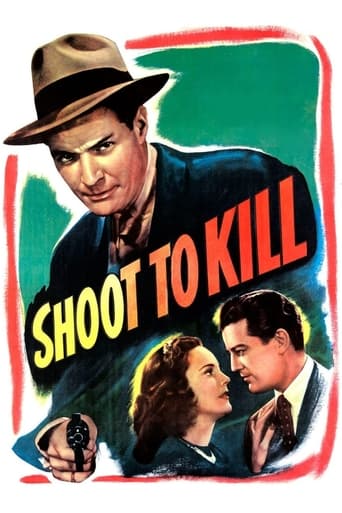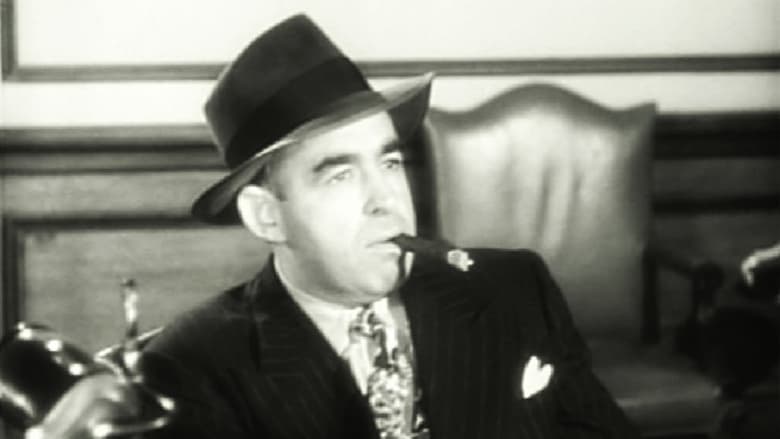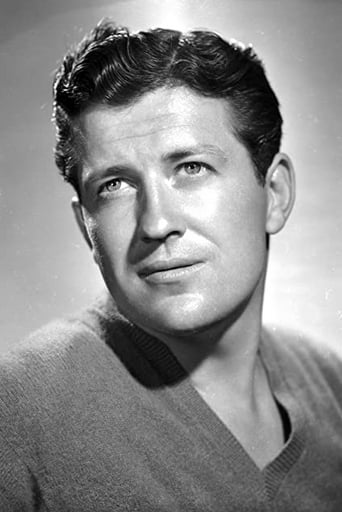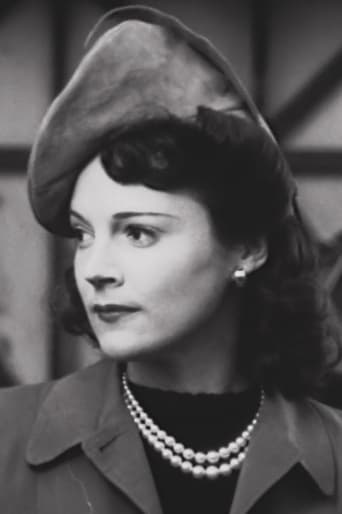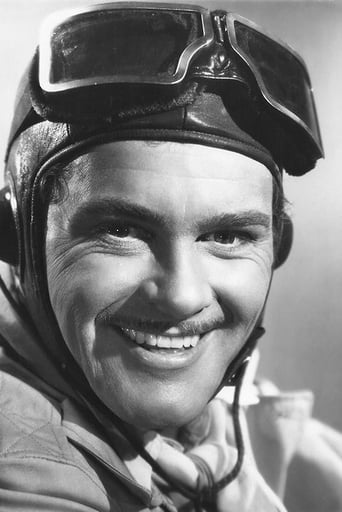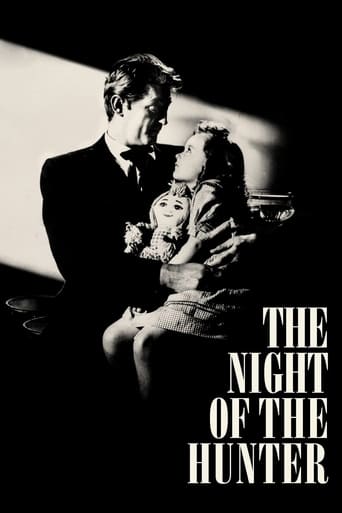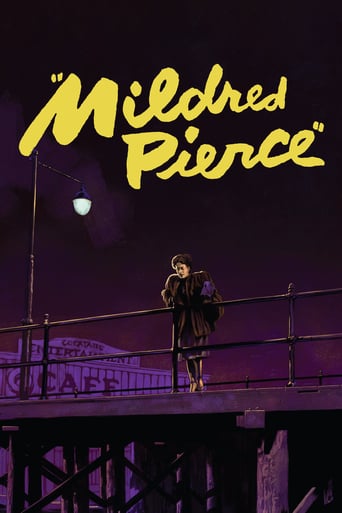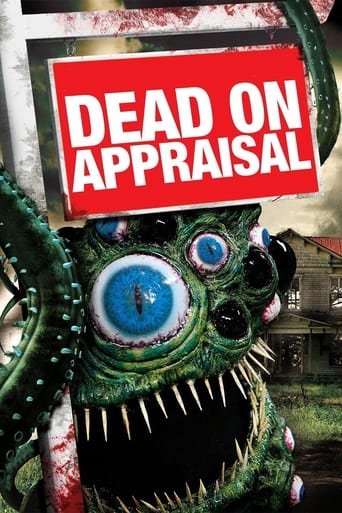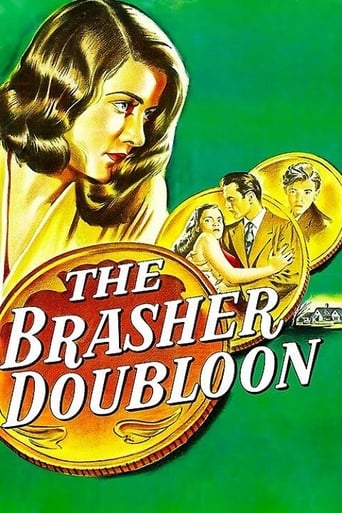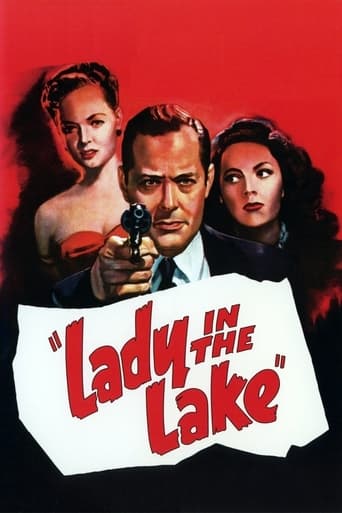Shoot to Kill (1947)
A gritty crime story involving a newspaper man and crooked politicians.
Watch Trailer
Cast
Similar titles

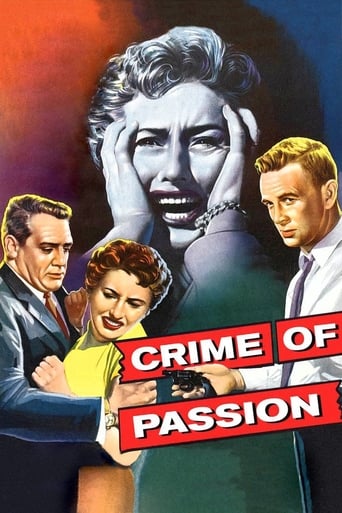
Reviews
Crappy film
An Exercise In Nonsense
To all those who have watched it: I hope you enjoyed it as much as I do.
This story has more twists and turns than a second-rate soap opera.
There's really nothing to recommend in this Lippert thriller of a game of political cat and mouse where the D.A. is out to frame a criminal and determined to keep the witnesses quiet. Told through a confusing flashback setting through the hospital room testimony of the survivor of a car crash, the film seems to have a ton of red herrings where every character seems to have some immoral motive for going after what they want. Even at just over an hour, this is an extremely difficult film to get into, so slow-moving and confusing I had to remind myself that I hadn't missed anything by falling asleep in the middle. The confrontation between the three key players at the end is the height of ridiculousness and destroys any attempt at believability that the film had strived to achieve.
We open the film with a high-speed chase. Police are after a car containing attractive brunette Luana "Susan" Walters (as Marian Langdon), district attorney husband Edmond MacDonald (as Lawrence "Larry" Dale), and convicted gangster Douglas Blackley aka Robert Kent (as "Dixie" Logan aka Judge Joel Conroy). The car crashes, with only Ms. Walters surviving. In a hospital bed flashback, she tells her story to reporter Russell Wade (as George "Mitch" Mitchell), who is prone to his own flashbacks...From once scene to the next, the four principle performers do not always demonstrate a clear understanding of where they're going. However, with all the cross and double crossing going on, focused characterization makes "Shoot to Kill" a task. In hindsight, the story doesn't add up too well. Otherwise, it's sometimes stylishly directed and photographed by William Berke and Benjamin Kline. Darrell Calker, with Gene Rodgers contributing some fine on-screen piano work, nicely makes the music score.***** Shoot to Kill (3/15/47) William Berke ~ Luana Walters, Russell Wade, Edmund MacDonald, Robert Kent
This cheapie noir thriller about crooked district attorneys and gangster chiefs is surprisingly good, considered it was made on a zero budget with no reason to aim high. Of course, it is completely corny, but there are a lot of expressionistic camera angles, and the many dollying shots of men walking at night are surprisingly effective with a single bright spotlight on the face and everything else pitch black. As is usual with these over the top late forties cheapies, the impact depends largely upon an excessive, almost parodic, use of 'mood music'. When things begin to get dangerous, don't worry about looking for clues on the screen, as the orchestra will tell us instead. One wonders if the script actually said: 'At this point, the musical score will become hysterical, so that the audience knows someone is about to get killed.' The chief reason for watching this film is to see and hear the spectacular performance on the piano of Gene Rodgers, a black boogie player who was one of the best. It is jaw-dropping stuff. Fats Waller, eat your heart out! Rodgers plays two of his own compositions, 'Ballad of the Bayou' and 'Rajah's Blues'. His fingers move faster than the speed of light, and he isn't even looking. If only the whole thing had been Rodgers, we could have done without the film. The film's script is surprising in its ingenuity in places, and has some snappy dialogue, showing that somebody tried. The most innovative scene is where an assistant district attorney dictates a letter to his secretary. It is a passionate love letter proposing marriage, and she wonders to whom he intends to send it. He asks her if she thinks it is OK, and she says she thinks it is beautiful. Then he tells her it is for her! Great scene! If only the romance had been genuine, however, as both turn out to be crooks in their own way. This film contains serious contradictions, as it oscillates between making some characters appear sympathetic and then suddenly exposing them as baddies. The story must have started out as a tough crime thriller and then some frustrated sentimentalist wrote the script and could not help himself, he just had to have some love scenes, and the fact that the characters were all wrong for this could not and would not deter him. The producer clearly didn't notice. Well, if you like brilliant boogie, you really can't afford to miss this. And there will be people who will also enjoy the film. It is all a matter of what you expect, and if you start out expecting a corny mini-budgeted noir thriller with some unexpected good points, you will be happy.
The film opens with a high speed chase at night. the cops are chasing after someone. Shots ring out. The car the cops are chasing crashes ejecting the passengers-a notorious criminal as well as the newly elected DA and his wife. Only the wife survives. A reporter and friend of the gravely injured wife sneaks into her room in the hospital and asks her to tell him what happened, she does.Cheaply made film noir with a cast that is mostly unfamiliar faces. Not a bad film as such, its just that the film seems to confuse motion of a twisty plot as the same thing as motion of characters you care about. I don't blame the cast for making this less than engaging, I blame the writer who is constantly changing who the principle characters are as a way of keeping you interested. Is anyone good or bad? Its not really clear until the final fade out. Only the dueling mob bosses seem to be constant, the result is that they play more as cartons rather than real people. As I said its not bad, its just that you end up watching it to see how the twists go rather than because you're engaged with the characters. You probably could spend your time better elsewhere.
